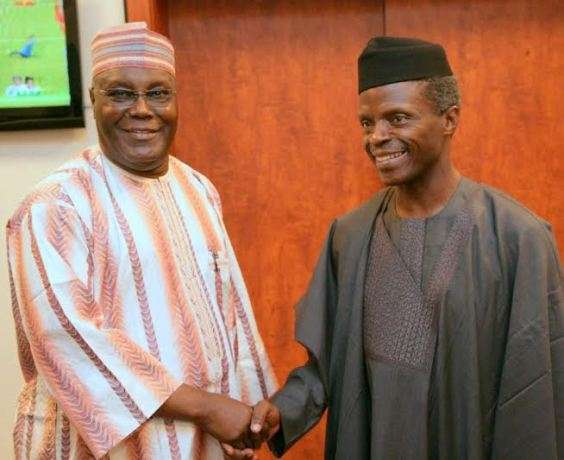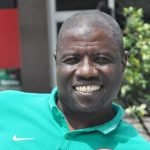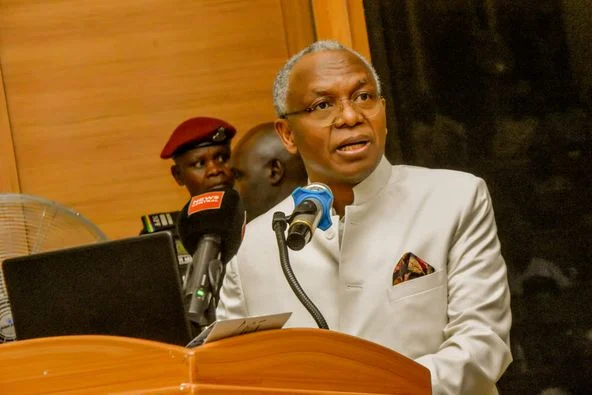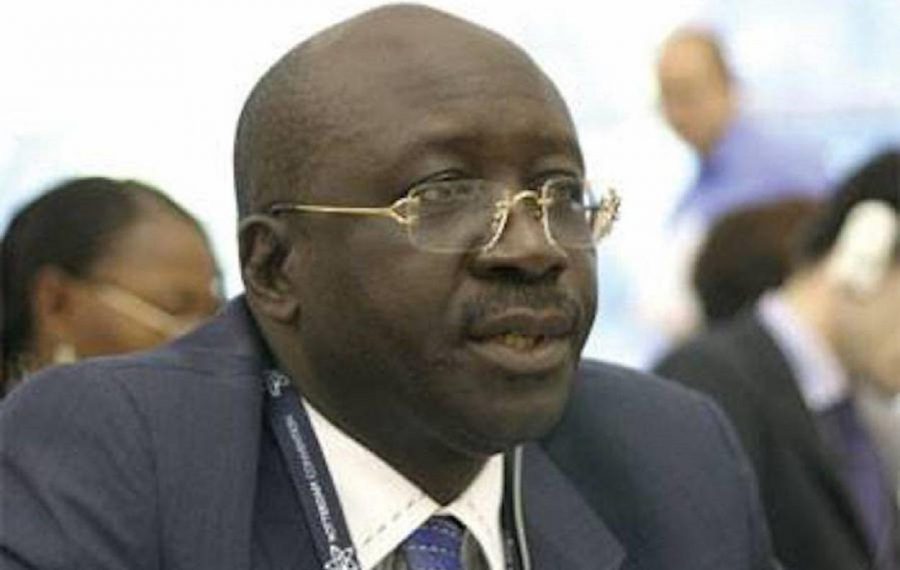The debate on the need to restructure the polity gained unusual prominence yesterday as Vice President Yemi Osinbajo and former Vice President Atiku Abubakar disagreed strongly on what the concept actually means. Atiku, a presidential aspirant, has always told anyone who cared to listen that he is an apostle of the proposition. When Osinbajo in a speech therefore said “The problem with our country is not a matter of restructuring…and we must not allow ourselves to be drawn into the argument that our problems stem from some geographic restructuring,” Atiku seized the opportunity to lecture him in a publication titled, “Osinbajo Got It Wrong On Restructuring.”
The vice president, a professor of law and a Senior Advocate of Nigeria, was however not in the mood to be tutored on a subject he believed he knew so well and he sought to set the records straight.Stopping short of accusing Atiku of writing an answer even before he had read through the question paper, Osinbajo said: “I really would have expected Alhaji Abubakar to at least get the full text of my comments before his public rebuttal of my views.” He gibed further:
“But I understand; we are in that season where everything is seen as fair game!”.He recounted his past achievements as former Lagos State attorney general towards “good governance, honest management of public resources, deeper fiscal federalism, and a clear vision for development,” insisting these define restructuring rather than some “geographical” notion that holds no “solution to our national problems.”
Osinbajo declared: “I have been an advocate, both in court and outside, of fiscal federalism and stronger state governments. I have argued in favour of state police, for the simple reason that policing is a local function. You simply cannot effectively police Nigeria from Abuja. Only recently, in my speech at the anniversary of the Lagos State House of Assembly, I made the point that stronger, more autonomous states would more efficiently eradicate poverty.”
For the professor of law, Atiku’s “concept of restructuring is understandably vague, because he seeks to cover every aspect of human existence in that definition. He says it means a ‘cultural revolution.’ Of course, he does not bother to unravel this concept. He says we need a structure that gives everyone an opportunity to work, a private sector driven economy. Yes, I agree. These are critical pillars of our Economic Recovery and Growth Plan (ERGP), including our Ease of Doing Business Programme.”
Atiku has mixed up all the issues of good governance and diversification of the economy with the argument on restructuring, Osinbajo submitted. Good governance, he continued, “involves, inter alia, transparency and prudence in public finance. It involves social justice, investing in the poor, and jobs for young people.” He found examples in the current administration’s School Feeding Programme, N-Power employment scheme, TraderMoni loan initiative and Conditional Cash Transfers.
Then Osinbajo struck.
“Surprisingly, Alhaji Atiku leaves out the elephant in the room – corruption, and how grand corruption, fuelled by a rentier economic structure that benefits those who can use political positions or access to either loot the treasury or get favourable concessions to enrich themselves.”
He mentioned the “unbelievable looting of the treasury by simply making huge cash withdrawals in local and foreign currency,” saying this “was the first travesty President Buhari stopped.”He also disclosed: “In four years from 2010 to 2014, the PDP government earned the highest oil revenues in Nigeria’s history, USD381.9billion. By contrast the Buhari administration has earned USD121 billion from May 2015 to June 2018, less than 1/3 of what the Jonathan administration earned at the same period in that administration’s life. Despite earning so much less, we are still able to invest more in infrastructure than any government in Nigeria’s history.”
The difference, Osinbajo concluded, “is good governance and fiscal prudence…as restructuring in whatever shape or form, will not mean much if our political leaders see public resources as an extension of their bank accounts.”Atiku was also unsparing in his excoriation of Osinbajo and wondered how the professor of law came about the term “geographic restructuring,” saying it is a “strange concept, not only because it is not what the restructuring debate is all about, but also because the words of the vice president, which prompted my response were clear, unambiguous and unequivocal.”
He noted: “Faced with an avalanche of public condemnation for his 360-degree turn on the concept of restructuring, it is understandable that the vice president, Prof. Yemi Osinbajo, has written to douse the tension his comments created. However, in doing so, the vice president should not attempt to revise history by saying that he spoke against ‘geographic restructuring’…if the vice president has changed his stance, I welcome it, but we should not use one finger to hide behind semantics.”
Describing Osinbajo’s use of “vague concept” as “unfortunate”, Atiku summed up his “very clear and concise” idea on restructuring as: “Devolution of powers and resources to the states; matching grants from the federal government to the states to help them grow their internally generated revenue position; the privatisation of unviable federal government-owned assets; a truly free market economy driven by the laws of demand and supply; replacing state of origin with state of residence; and passing the PIGD, so that our oil and gas sector will run as a business with minimal governmental interference.”
The former vice president faulted Osinbajo’s claim to prudence in the current administration’s dealings, saying there is no “wisdom in sharing out $322 million of Abacha funds to the poor only to take a loan of $328 million from the Chinese the very next month.”
Taking the argument further, he said: “While I was vice president of the Federal Republic of Nigeria in 2006, Nigeria’s Economic Management Team, of which I was a prominent member, paid off Nigeria’s entire foreign debt of $30 billion, at a time when we were earning one third of what the Buhari administration is currently earning from oil.”He therefore advised the vice president to “choose whether he is for restructuring or whether he is against it and stick to his choice. This continuous prevarication, this approbation and reprobation, helps no one, least of all true progressives who know that Nigeria needs to be restructured and restructured soon.”
Two of the delegates to the 2014 National Conference meanwhile have lent their voices to criticism of Osinbajo’s stance on restructuring, warning him to stop misleading Nigerians on the subject.In separate interactions with The Guardian yesterday, Chief Ayo Adebanjo and Col. Tony Nyiam (rtd) accused the vice president of speaking from both sides of the mouth and acting out the script of the President Buhari government.
“I wonder what Osinbajo means by trying to use words to confuse Nigerians as if we are naïve or do not know what we are asking for. He was born into the struggle for restructuring because I know his background but at what point he changed is what I don’t know,” said Adebanjo. Nyiam, on his part, said: “When Osinbajo addressed members of the Lagos State House of Assembly, recently, he spoke on devolution of powers to the state. I will advise him not to allow the cabal in the government to use him against popular demand for restructuring.”







2 Comments